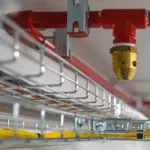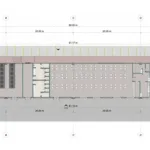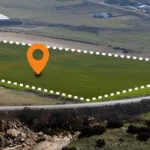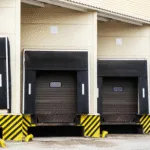agosto 20, 2025
Vertical vs. Horizontal Construction: Which One Fits Your Project Best?
When starting a real estate or industrial project, one of the first big decisions is choosing between vertical or horizontal construction. The option you select will impact space efficiency, costs, design flexibility, and long term functionality. Both approaches have clear advantages and limitations so understanding them will help you make the smartest choice for your investment.
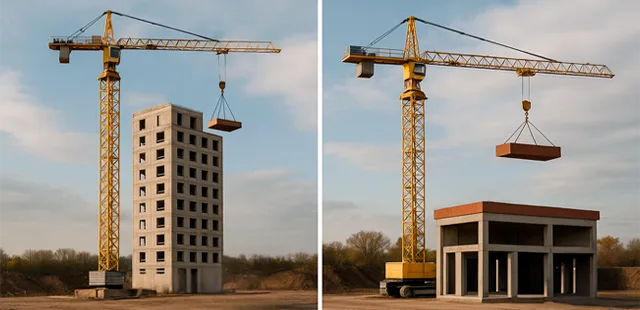
Vertical Construction: Pros and Cons
Vertical construction means building upward with multi story structures. It’s the go to solution in cities where space is limited and land costs are high.
Pros:
- Maximizes space: Perfect for urban areas with limited land availability.
- Higher density: More units or apartments fit in a smaller footprint.
- Shared systems: Utilities like water, electricity, and security can be centralized, lowering operational expenses.
Cons:
- Higher upfront investment: Multi level buildings require stronger structures and specialized equipment.
- More complex maintenance: Elevators and advanced systems need constant oversight.
- Height restrictions: Local regulations and permits may limit building possibilities.
Horizontal Construction: Pros and Cons
Horizontal construction refers to single or two story buildings that expand outward rather than upward. This model is common in suburban housing developments and industrial parks.
Pros:
- Lower construction costs: Materials and structures are generally simpler and more affordable.
- Easy to maintain: Utilities and access points are straightforward and less costly to manage.
- Flexible design: Expanding or modifying spaces is simpler and less restrictive.
Cons:
- Larger land requirement: Needs more space, which can drive up costs in urban zones.
- Lower density: Not suitable for maximizing the number of units on a limited plot.
- Decentralized services: Each unit may need its own systems, increasing long term expenses.
Which One Should You Choose?
The best option depends on:
- Land cost and availability
- Purpose of the project (residential, industrial, or mixed use)
- Budget for construction and long term maintenance
- Local regulations and building permits
In short: Vertical construction is ideal for making the most of small, high value plots, while horizontal construction offers greater design flexibility and cost savings when land is plentiful. By analyzing your project goals and future needs, you’ll be able to choose the approach that ensures both efficiency and profitability.



